Melting glaciers causing sea levels to rise at ever greater rates
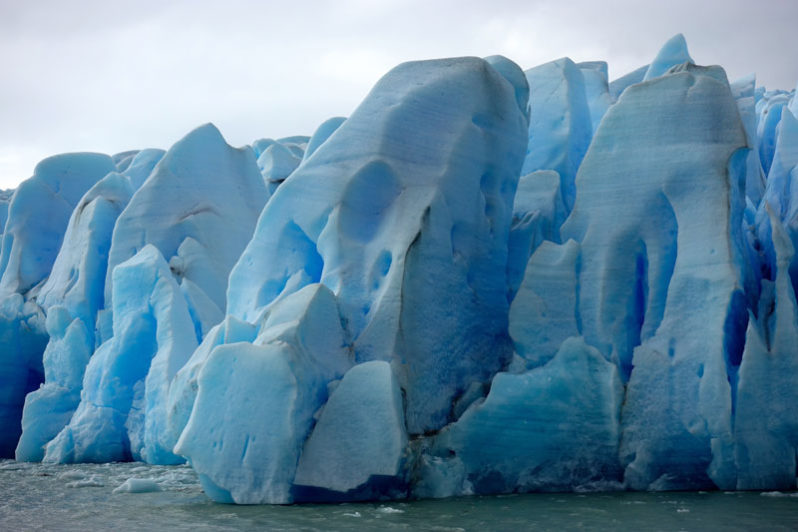
Melting ice sheets in Greenland and the Antarctic as well as ice melt from glaciers all over the world are causing sea levels to rise. Glaciers alone lost more than 9,000 billion tons of ice since 1961, raising water levels by 27 millimeters, an international research team has now found.
80 Percent of New Arctic Sea Ice Melts Before Leaving Russian Coast
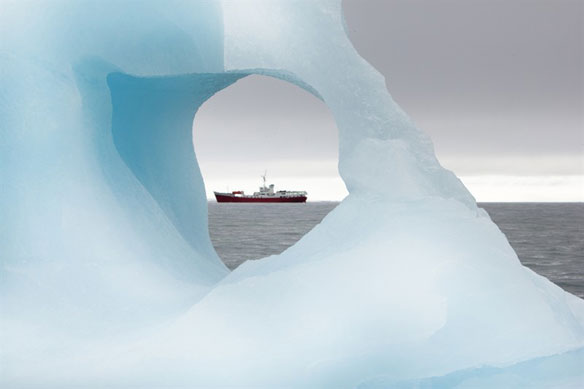
The northern coast of Russia is largely considered the most important spot for the formation of new sea ice in the Arctic Ocean. But scientists have discovered that 80 percent of this new sea ice now melts before it can leave coastal waters, up from 50 percent in 2000.
Marine heat waves threaten the survival of dolphins and other mammals
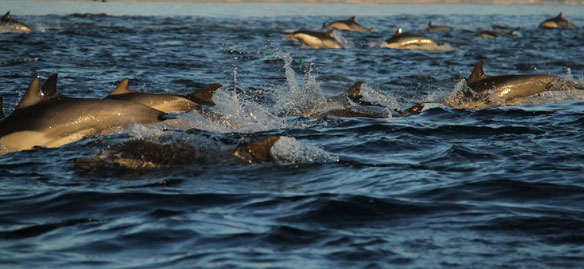
A marine heat wave in Western Australia that had lasting impacts on dolphin populations may be a disturbing sign of things to come, according to a new study. The researchers have determined that climate change will have more devastating consequences for marine mammals than what was previously realized.
Even Antarctica’s Coldest Region Is Starting to Melt
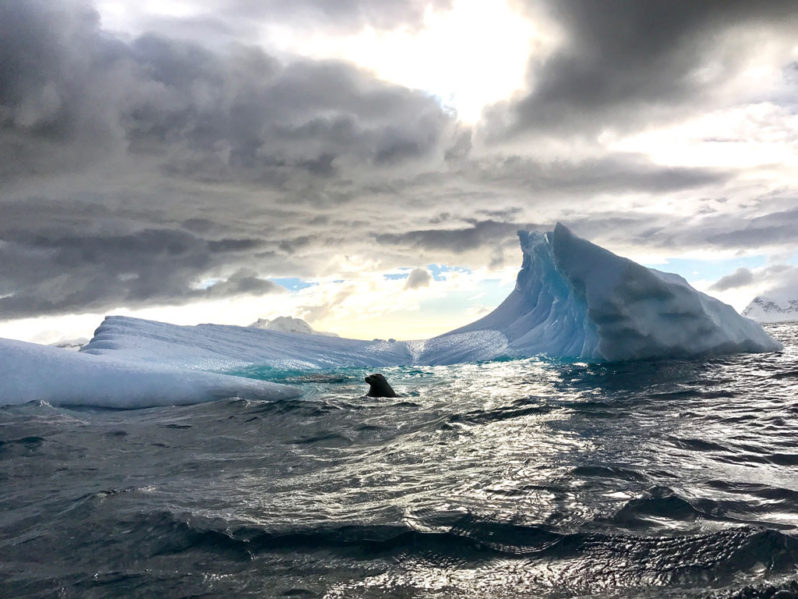
East Antarctica is the coldest spot on earth, long thought to be untouched by warming. But now the glaciers and ice shelves in this frigid region are showing signs of melting, a development that portends dramatic rises in sea levels this century and beyond.
Alaska hit 70 degrees the earliest ever
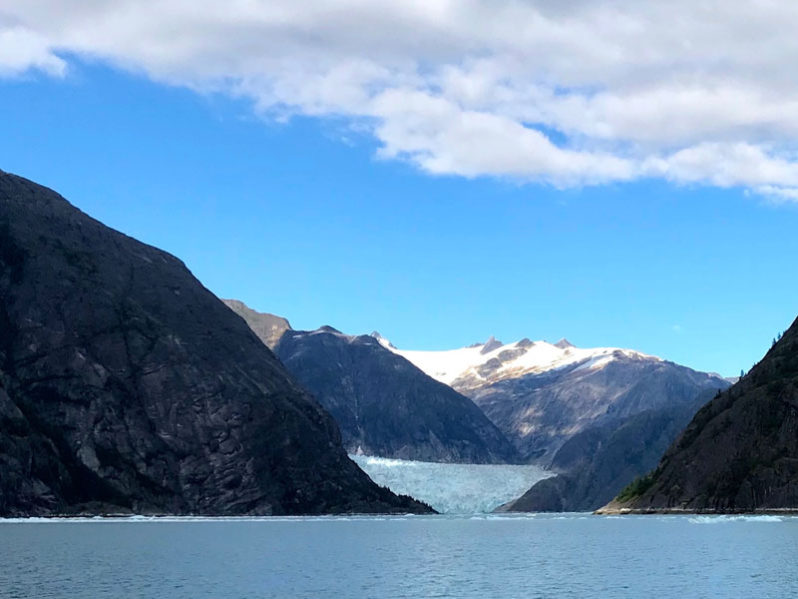
Parts of the state have had their earliest 70-degree readings on record. More records are expected to be broken this weekend, with temperatures soaring as much as 50 degrees above normal in the fastest-warming state.
Renewables Cheaper Than 75 Percent of U.S. Coal Fleet, Report Finds

Nearly 75 percent of coal-fired power plants in the United States generate electricity that is more expensive than local wind and solar energy resources, according to a new report. Wind power, in particular, can at times provide electricity at half the cost of coal, the report found.
9 of the 10 Worst Global Risks are Linked to Water
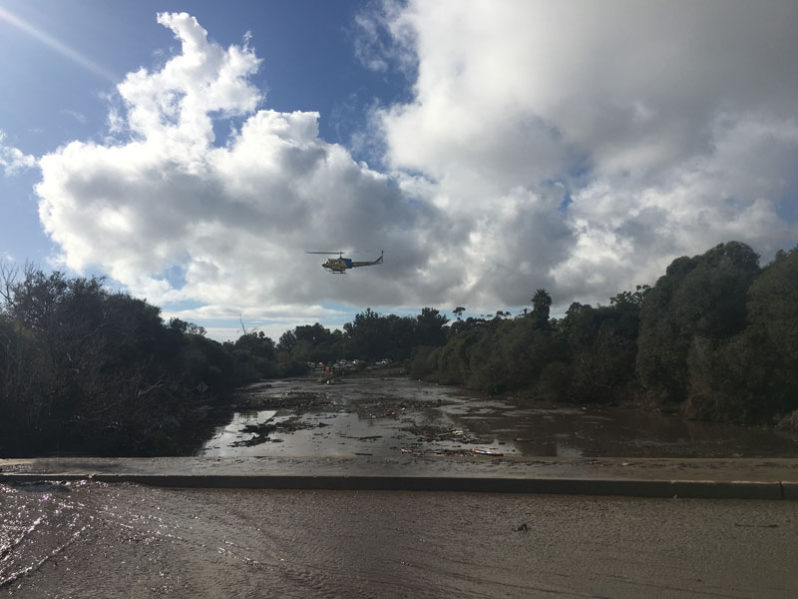
Of the 1,000 most severe disasters that have occurred since 1990, water-related disasters accounted for 90 per cent. With extreme water and weather events increasing in both frequency and severity in the wake of climate change, floods and droughts are set to strike harder and more often in the years to come.
Researchers create hydrogen fuel from seawater
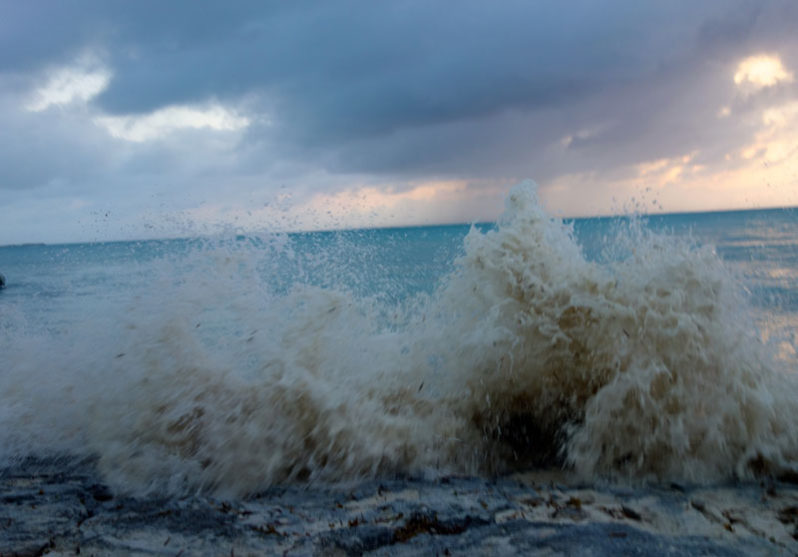
Stanford researchers have devised a way to generate hydrogen fuel using solar power, electrodes and seawater – Earth’s most abundant source – for chemical energy.
Sharp rise in Arctic temperatures now inevitable – UN
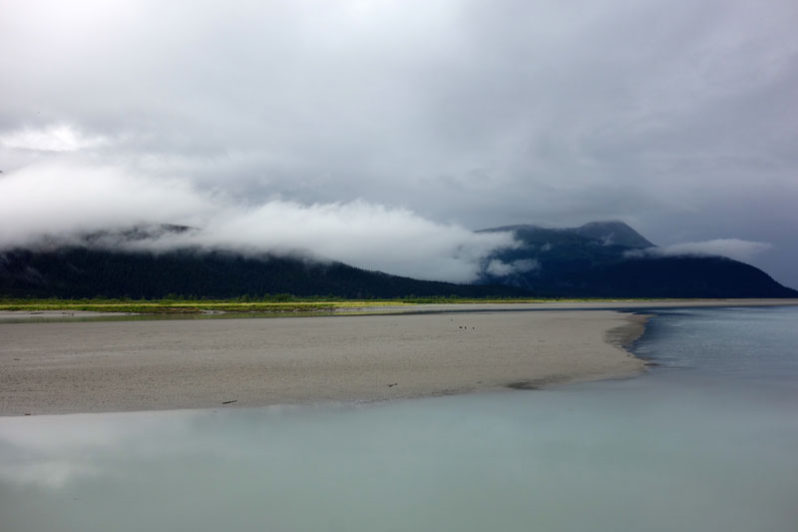
Sharp and potentially devastating temperature rises of 3C to 5C in the Arctic are now inevitable even if the world succeeds in cutting greenhouse gas emissions in line with the Paris agreement, research has found.
